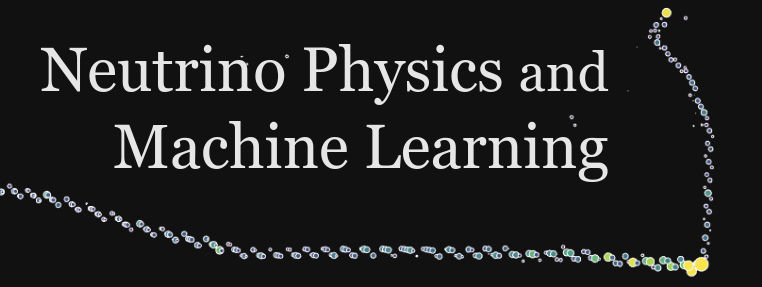Speaker
Description
The field of experimental neutrino physics has entered an era of high precision measurements. In order to capture the details of neutrino interactions, high resolution particle imaging detectors, such as time projection chambers, have been developed. However, the analysis of images containing highly detailed particle trajectories and a large number of pileups remains challenging. Deep learning techniques have been explored previously for a number of tasks including whole image classification for physics analysis and some object reconstruction tasks. As part of inter-experimental collaborations, including the DeepLearnPhysics and Exa.TrkX projects, we have developed an end-to-end data reconstruction chain for 3D particle imaging detectors using sparse convolutional neural networks and graph neural networks. The architecture, designed to extract hierarchical physics features from the initial pixel-level information to the neutrino interaction identification, allows for a coherent optimization workflow which drastically saves software tuning and preparation time. This in turn makes the algorithm scalable to current and future large-scale neutrino detectors. In this talk, we give an overview of the full reconstruction chain, to be used in experiments including the SBN program and DUNE, with an emphasis on the implementation of graph neural networks for multiple data reconstruction tasks.



